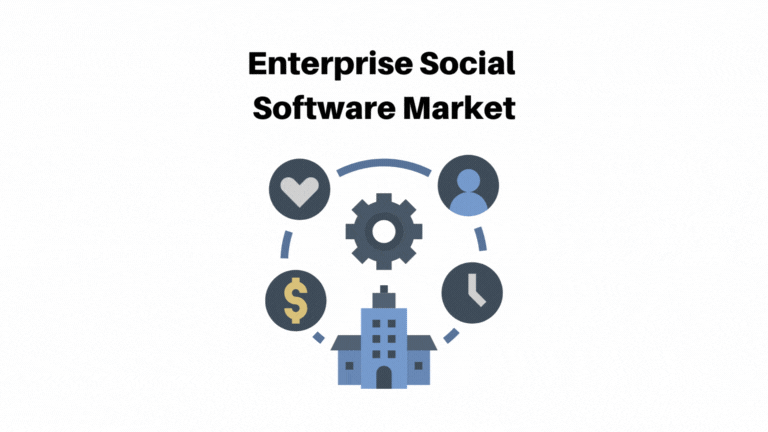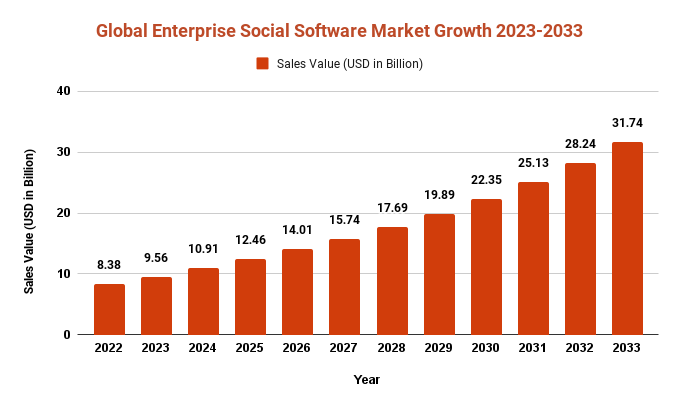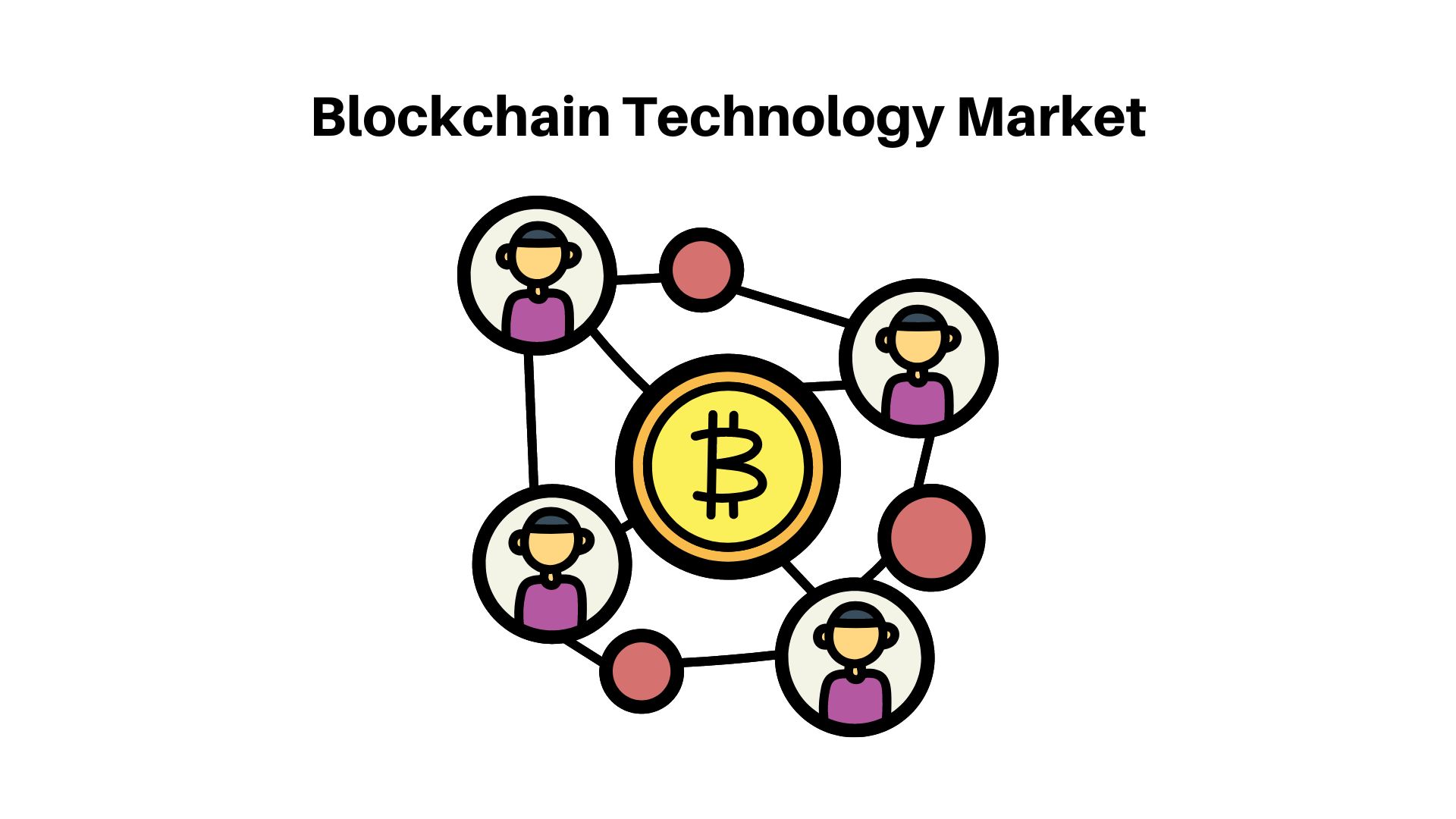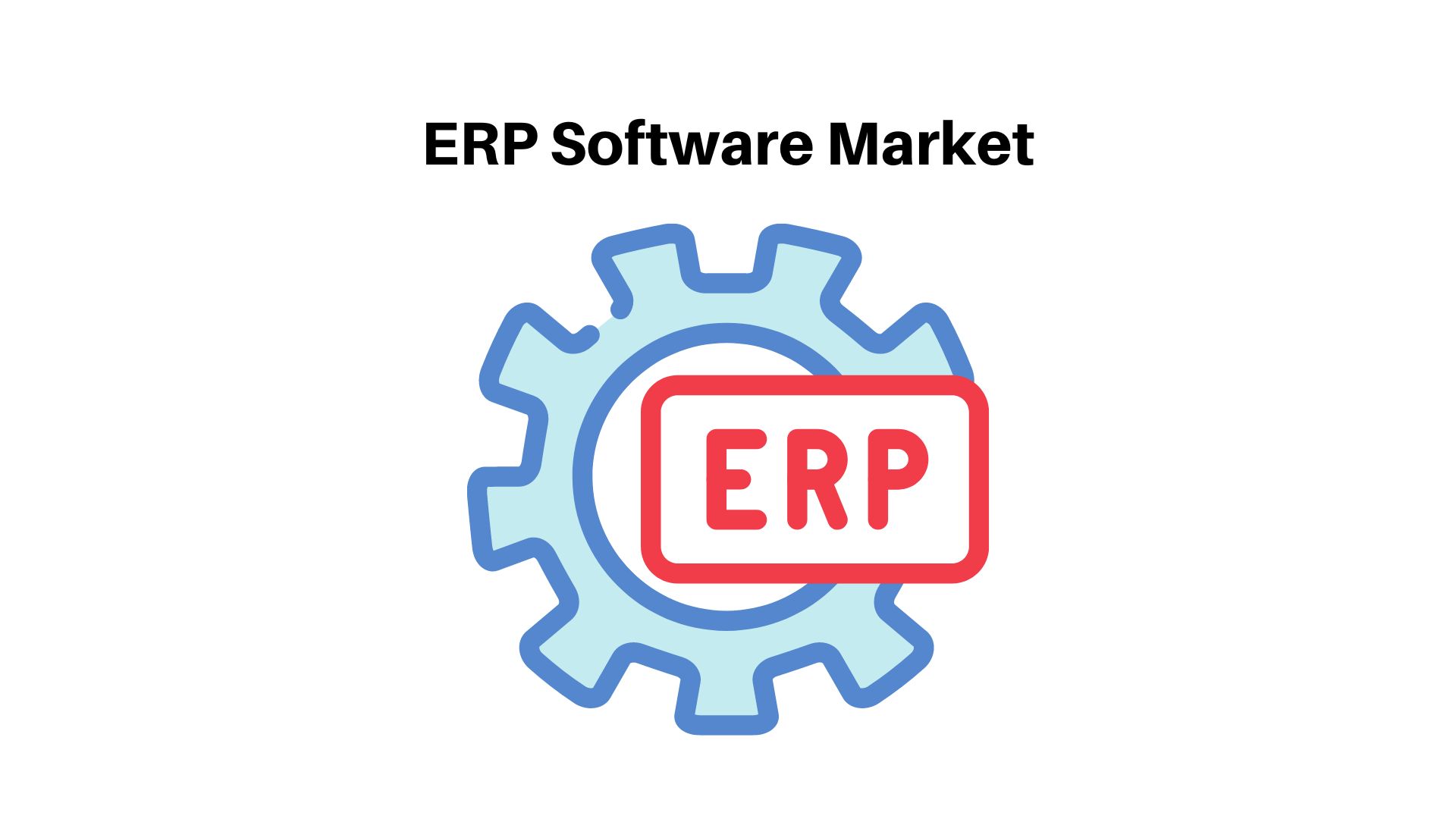Enterprise Social Software Market To Accrue Nearly USD 31.74 Billion By 2033 | CAGR of 12.40%

Page Contents
Market Overview
Published Via 11Press: Enterprise social software refers to the utilization of social media platforms and technologies within organizations for communication, collaboration, and information sharing among employees. Employees can create profiles to showcase their skills, experience, and areas of specialization. They also have the ability to view updates from colleagues, departments or the entire organization – much like a social media newsfeed does for other users. Employees can join groups related to their projects, interests or departments and collaborate with colleagues within these circles. Employees also have the ability to send messages directly to colleagues or teams in real-time for communication and collaboration. Employees can collaborate on documents, files and presentations using ESN platforms. Employers can monitor employee engagement and activity levels to measure the success of their ESN strategy. ESN platforms integrate with other business applications like CRM, HR systems and project management tools for added efficiency and effectiveness.
Global Enterprise social software market size is expected to be worth around USD 31.74 Bn by 2033 from USD 8.38 Bn in 2022, growing at a CAGR of 12.40% during the forecast period 2023 to 2033.
Enterprise social software makes it simpler for employees to communicate and collaborate with each other, regardless of location or department. ESN platforms enable teams to work together on projects in real-time, share ideas, and provide feedback. Furthermore, these networks facilitate knowledge-sharing among staff which can lead to increased innovation and efficiency. Furthermore, ESN platforms create a sense of belonging by connecting employees more deeply to their colleagues, work, and organization at large. Ultimately, these tools reduce time-consuming tasks while increasing productivity levels overall.

Key Takeaways
- The Enterprise social software market expected to reach USD 8.38 Billion in 2022.
- Forecasted compound annual growth rates between 2022 and 2032 is 12.40%.
- By 2033, the Enterprise social software market is projected to reach USD 31.74 Billion.
- Enterprise social software facilitates communication, collaboration and information sharing among employees within an organization. It usually includes features like profiles, newsfeeds, groups, chat and messaging capabilities, document sharing capabilities, analytics capabilities as well as integration with other business applications.
- Enterprise social software can improve communication within organizations, boost collaboration levels, enhance knowledge sharing capabilities, boost employee engagement levels and boost productivity levels.
- Popular enterprise social software platforms include Microsoft Teams, Slack, Workplace by Facebook and Yammer. When implementing an enterprise social software platform it is essential that it is user-friendly, secure and aligns with the organization's goals and culture. Training and adoption strategies may also be necessary for successful implementation and usage.
Request For Sample Report Here: https://marketresearch.biz/report/enterprise-social-software-market/request-sample/
Regional Snapshot
North America
- North America is the leading market for enterprise social software, with the United States as its primary customer.
- Numerous companies across North America have implemented enterprise social software to enhance collaboration, communication, and productivity.
- In North America, Microsoft Teams, Slack and Workplace by Facebook are widely used enterprise social software platforms.
Europe
- Enterprise social software adoption in Europe is growing rapidly, with the United Kingdom, Germany, and France as its primary markets.
- Organizations throughout Europe are using enterprise social software to foster remote work, digital transformation, and cross-functional collaboration.
- Microsoft Teams and Slack are the two most widely utilized enterprise social software platforms in Europe.
Asia Pacific
- Enterprise social software adoption in Asia Pacific is growing rapidly, with India, China and Japan as the primary markets.
- Here too, enterprise social software is being utilized to boost employee engagement, innovation and customer service levels.
- In Asia Pacific, WeChat Work, DingTalk and LINE WORKS are three popular enterprise social software platforms.
Latin America
- Enterprise social software adoption in Latin America is on the rise, with Brazil and Mexico as the two primary markets.
- Organizations use enterprise social software to enhance communication among remote teams as well as promote knowledge sharing.
- Microsoft Teams and Slack are the two most widely utilized enterprise social software platforms in Latin America.
Middle East and Africa
- Enterprise social software adoption in the Middle East and Africa is on the rise, with primary markets including United Arab Emirates, Saudi Arabia, and South Africa.
- Organizations in the Middle East and Africa are utilizing enterprise social software to enhance collaboration, communication, and productivity, Particularly when working remotely. Popular platforms in these regions include Microsoft Teams and Slack.
PLACE AN INQUIRY BEFORE PURCHASE: https://marketresearch.biz/report/enterprise-social-software-market/#inquiry
Drivers
- Remote Work: The shift toward remote work caused by the COVID-19 pandemic has hastened the adoption of enterprise social software as organizations strive to maintain communication and collaboration among these teams.
- Digital Transformation: Organizations embarking on digital transformation are finding that enterprise social software can facilitate knowledge sharing and collaboration, helping employees work more efficiently.
- Millennial Workforce: With millennials making up an increasing share of the workforce, there is an increasing need for enterprise social software that is user-friendly and supports mobile devices.
- Globalization: As organizations expand internationally, enterprise social software can facilitate communication among employees in different locations and time zones.
- Knowledge Sharing: Enterprise social software encourages employees to exchange knowledge and best practices, leading to improved innovation and efficiency.
- Employee Engagement: Enterprise social software can enhance employee engagement by giving workers a platform to connect, collaborate on projects, and stay informed about company news and updates.
- Customer Service: Enterprise social software can be leveraged to enhance customer service by enabling employees to quickly respond to inquiries from customers and offer tailored assistance.
Restraints
- Employees may be resistant to change and reluctant to adopt enterprise social software tools, especially if they are used to existing communication and collaboration methods. Enterprise social software could raise security concerns if sensitive information or data is shared; organizations must guarantee the software is secure and employees trained on best practices for data protection. Furthermore, enterprise social software may need to be integrated with existing business applications and systems – an intricate process requiring careful consideration and execution.
- Even if enterprise social software is implemented successfully, that doesn't guarantee employees will use it. Organizations need to devise adoption strategies in order to encourage employees to use the program and incorporate it into their daily workflows. Cultural barriers such as language, time zones and communication norms may make implementing enterprise social software difficult in global organizations. Furthermore, the cost of such software may prove prohibitive for some smaller firms with limited budgets. With all of the information accessible through enterprise social software, employees may experience information overload leading to reduced productivity and engagement levels.
Acquire This Report and Avail Discount Now: Purchase Market Report
Opportunities
- Enterprise social software facilitates real-time collaboration among employees, breaking down geographical barriers and encouraging teamwork. By encouraging knowledge sharing and collaboration, enterprise social software can spur innovation and new ideas. Furthermore, it boosts employee engagement by offering a platform for connecting employees, working on projects together, staying informed of company news and updates; furthermore, enterprise social software may even enhance customer service by quickly responding to inquiries and offering personalized support.
- Enterprise social software helps employees work more efficiently and productively, cutting down on time-wasting meetings and email communication. By providing a platform for collaboration and knowledge sharing, enterprise social software allows organizations to make better decisions based on more informed insights. It plays an integral role in digital transformation initiatives by making organizations agile, innovative, and customer-focused. Furthermore, enterprise social software may open up new revenue streams in industries where collaboration and innovation are key – like technology, media, or creative services).
Challenges
- One of the biggest obstacles in adopting enterprise social software is getting employees on board. They may be used to working with other communication tools and may not understand why switching is beneficial. Integration between enterprise social software and existing business applications and systems requires careful consideration and planning, leading to a complex process that necessitates careful implementation. Security must always be taken into account when sharing information or data; organizations need to guarantee their software is secure and employees are educated on best practices for data protection.
- Enterprise social software presents an abundance of data which may be overwhelming to employees. They may struggle to locate what they need or become distracted by irrelevant details. Cultural barriers like language, time zones and communication norms make implementing this type of software in global organizations difficult. Furthermore, employees may feel concerned about their privacy when using enterprise social software if it involves sharing personal information or data. Therefore, enterprise social software needs to be effectively governed and managed so that its use aligns with the organization's culture and goals.
Market Segmentation
Global enterprise social software market segmentation by enterprise type:
- Small
- Medium
- Large
Global enterprise social software market segmentation by end-user:
- Healthcare
- IT and Telecom
- Government
- Retail and Consumer Goods
Key Players
- Aurea Software, Inc.
- International Business Machines Corporation
- Lithium Technologies Inc.
- Microsoft Corporation
- com, Inc.
- SAP SE
- Socialtext, Inc.
- Synacor, Inc.
- TIBCO Software Inc.
- VMware, Inc.
Report Scope
| Report Attribute | Details |
| Market size value in 2022 | USD 8.38 Bn |
| Revenue forecast by 2033 | USD 31.74 Bn |
| Growth Rate | CAGR Of 12.40% |
| Regions Covered | North America, Europe, Asia Pacific, Latin America, and Middle East & Africa, and Rest of the World |
| Historical Years | 2017-2022 |
| Base Year | 2022 |
| Estimated Year | 2023 |
| Short-Term Projection Year | 2028 |
| Long-Term Projected Year | 2033 |
Recent Developments
- Enterprise social software providers now provide integration with other business systems like customer relationship management (CRM) and enterprise resource planning (ERP), making it simpler for employees to access information from these programs within the enterprise social software platform.
- Due to the increasing use of mobile devices, enterprise social software providers are now taking a “mobile-first” approach in order to make their software more accessible and user-friendly on mobile devices. AI and Machine Learning technologies are being integrated into enterprise social software to enhance the user experience and deliver more personalized recommendations and insights. Some providers of enterprise social software are exploring VR/AR capabilities for more immersive collaboration and communication experiences.
- Enterprise social software providers are increasingly emphasizing employee well-being with features like meditation and mindfulness exercises, virtual wellness challenges, and employee recognition programs. Furthermore, these providers recognize the significance of DEI in the workplace by developing features to promote diversity, equity, and inclusion such as anonymous feedback tools or inclusive language checkers.
Enterprise Apps
- Slack: Slack is a cloud-based collaboration tool that enables teams to communicate and work in real-time. It features channels, direct messaging, video/audio calls, file sharing, as well as integrations with other applications like Google Drive and Trello.
- Microsoft Teams: Microsoft Teams is a chat-based collaboration tool that enables teams to communicate and work in real-time. It includes features like chat, audio/video conferencing, file sharing, as well as integration with other Microsoft Office applications such as Word, Excel, and PowerPoint.
- Yammer: Yammer is an enterprise social network designed for internal communication within organizations. It offers features like groups, conversations, file sharing and polls and integrates with other Microsoft applications like SharePoint and Office 365.
- Jive: Jive is an enterprise social networking platform that facilitates employee communication and collaboration. It features features like blogs, wikis, polls, surveys as well as integration with other applications like Salesforce or Google Drive.
- Workplace by Facebook: Workplace by Facebook is an enterprise communication and collaboration app featuring features like groups, chat, video calling, file sharing, as well as integration with other applications like Microsoft Office and Box.
Key Questions
What business needs and objectives can enterprise social software address?
Enterprise social software enables teams to communicate more efficiently, both within and across departments, by offering tools like chat, file sharing, and video conferencing.
What features and functionalities does enterprise social software offer?
Enterprise social software typically provides a range of features to facilitate communication, collaboration, and knowledge sharing within organizations.
What level of security does enterprise social software offer?
The level of security provided by enterprise social software solutions varies depending on who makes it and the specific product. Generally, users must authenticate themselves before being granted access to the platform.
How easy is it to use and adopt enterprise social software?
The ease of use and adoption of enterprise social software varies depending on the product and organization's requirements. The user interface of an enterprise social software plays a significant role in its usability.
The team behind market.us, marketresearch.biz, market.biz and more. Our purpose is to keep our customers ahead of the game with regard to the markets. They may fluctuate up or down, but we will help you to stay ahead of the curve in these market fluctuations. Our consistent growth and ability to deliver in-depth analyses and market insight has engaged genuine market players. They have faith in us to offer the data and information they require to make balanced and decisive marketing decisions.



